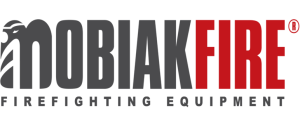Our Certifications
Safety Information
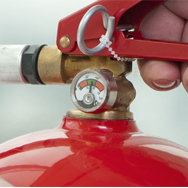
Care and maintenance
Inspect fire extinguishers at least once a month (more often in severe environments). Fire extinguisher maintenance is important for everyone’s safety. You must ensure that: • The extinguisher is not blocked by equipment, coats or other objects that could interfere with access in an emergency. • The pressure is at the recommended level. On extinguishers equipped with a read more
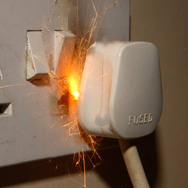
Fire Classification
Not all fires are the same. Different fuels create different fires and require different types of fire extinguishing agents. Ex Class A fires are fires in ordinary combustibles such as wood, paper, cloth, trash, and plastics. Class B fires are fires in flammable liquids such as gasoline, petroleum oil and paint. Class B fires also include flammable gases such as propane and butane. read more
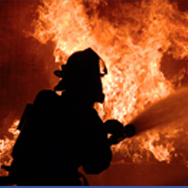
Fire Fighting Tips
Employers are required to train their staff in the event of Fire. We can offer the following courses: Fire Awareness : This will give all staff the understanding of what they need to do in the event of an alarm sounding or a fire. Basic Fire Extinguisher Course: Selected members of staff will be trained on how to use extinguisher in the event of Fire. read more
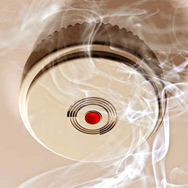
Fire Prevention
Working smoke alarms reduce the chances of dying in a fire by nearly 50 percent. They are a critical first step for staying safe, but in order to be effective, they have to be working properly. For the best protection, install smoke alarms on every level of your home, outside every sleeping area and in each bedroom. Use Daylight Savings Time as a reminder to check your alarm read more







